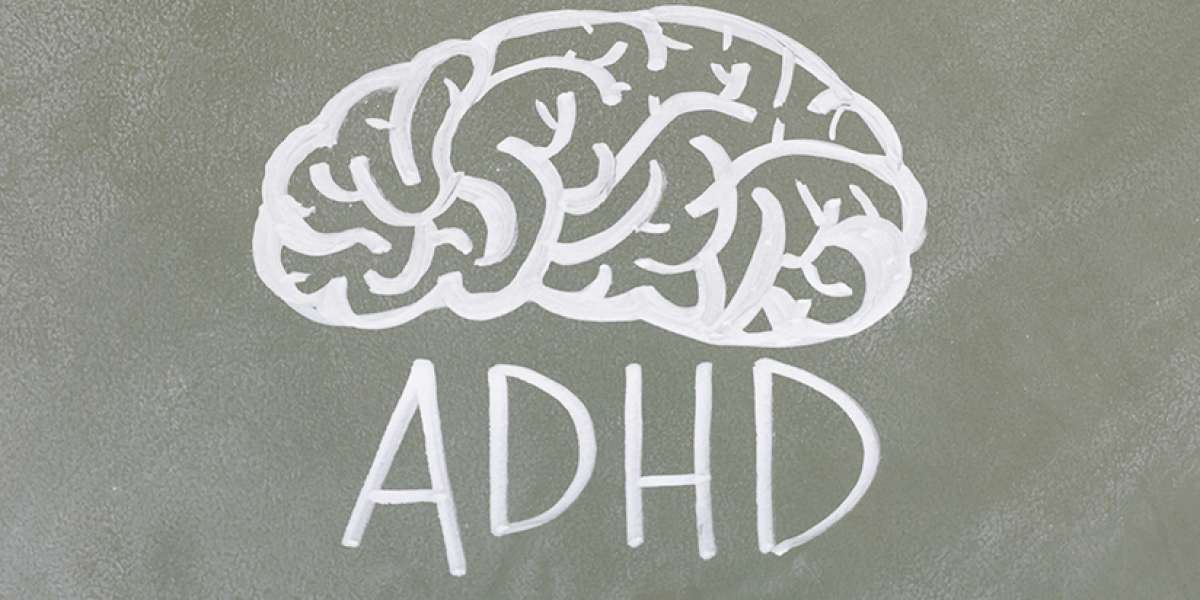Anxiety and Attention-Deficit/Hyperactivity Disorder (ADHD) are distinct psychiatric conditions, characterized by distinct symptomatology and challenges. However, both events often occur simultaneously, posing distinct difficulties for individuals who encounter both. The co-occurrence of anxiety and ADHD symptoms poses a significant challenge in effectively managing both illnesses concurrently. Understanding the correlation between ADHD and anxiety, as well as the corresponding management strategies, is of paramount importance for individuals with these diseases, as well as their caregivers and healthcare professionals.
Understanding Anxiety and ADHD
ADHD is a neurodevelopmental disease marked by impulsivity, hyperactivity, and trouble paying attention. ADHD sufferers may find it difficult to focus, remain organized, and control their impulses. This can cause problems in a variety of spheres of everyday life, including relationships, work, and education.
On the other hand, excessive worry, fear, or concern about upcoming events or situations are symptoms of anxiety disorders. Anxiety is frequently accompanied by restlessness, impatience, tense muscles, and trouble concentrating. Anxiety can take many different forms, including panic disorder, social anxiety disorder, and generalized anxiety disorder, and it can have a substantial negative influence on a person's capacity to function.
Even though anxiety and ADHD are separate disorders, they commonly co-occur. Up to 30% of those with ADHD may also exhibit clinically severe anxiety symptoms, according to research. Anxiety and ADHD have a complicated and multidimensional interaction, with overlapping symptoms and underlying neurobiological causes for their co-occurrence.
Common Symptoms and Difficulties
The fact that the symptoms of anxiety and ADHD are similar is one of the main reasons that these two disorders frequently coexist. For instance, impulsivity, restlessness, and difficulty focusing are common symptoms of ADHD that can also occur in anxiety disorders. This overlap may make it difficult to differentiate between the two illnesses, which could result in an incorrect diagnosis or a delay in receiving treatment.
Furthermore, worry can make symptoms of ADHD worse, and vice versa. For example, people with ADHD may feel more anxious because they have trouble managing their time, being organized, and meeting the expectations of their jobs or studies. On the other hand, worries and fears associated with anxiety can make it harder to focus and pay attention, which makes treating ADHD symptoms more difficult.
Effect on Day-to-Day Operations
The co-occurrence of anxiety and ADHD can significantly affect many facets of day-to-day functioning, such as relationships, academic or professional performance, and general quality of life. Students with ADHD and anxiety may find it difficult to concentrate in class, finish assignments on time, and do well on exams. This can result in academic underachievement and feelings of inadequacy or frustration.
Adults with ADHD and anxiety may also struggle at work with organization, time management, and meeting deadlines, which can hinder their productivity and ability to grow in their careers. Stressful interpersonal interactions can also result from ADHD symptoms like impulsivity and forgetfulness, which can cause miscommunications and arguments with other people.
Methods of Treatment
An all-encompassing and customized strategy that takes into account the particular requirements and difficulties of each individual is needed to manage co-occurring ADHD and anxiety. Medication, counseling, lifestyle changes, and support techniques may all be used in combination as a kind of treatment to ease symptoms and enhance general functioning.
Medicines:
Methylphenidate and other amphetamine-based medications are examples of psychostimulant medications that are frequently recommended to treat ADHD symptoms by raising dopamine and norepinephrine levels in the brain. Enhancing focus, impulse control, and attention span can be achieved with these drugs. To prevent aggravating anxiety symptoms, people with co-occurring ADHD and anxiety may need to carefully monitor their medication intake and make necessary dosage adjustments.
Therapy:
A popular therapeutic strategy for treating anxiety and ADHD is cognitive-behavioral therapy, or CBT. With the aid of CBT, people can recognize and confront harmful thought patterns as well as create appropriate coping mechanisms to control their symptoms. Furthermore, mindfulness-based therapy that supports emotional regulation and stress reduction includes mindfulness meditation and relaxation methods.
Lifestyle Changes:
Developing good habits like consistent exercise, enough sleep, and a well-balanced diet can help reduce symptoms of anxiety and ADHD. Particularly exercise has been demonstrated to enhance mood, attentiveness, and general well-being. Additionally, routines and the use of organizing tools, such planners or smartphone applications, can help people with ADHD better manage their time and work.
Support Strategies:
People with co-occurring ADHD and anxiety can benefit greatly from the establishment of a strong support network made up of friends, family, teachers, and coworkers. Reducing feelings of loneliness and fostering resilience and self-worth can be achieved through open communication and understanding from others. Finding online communities or support groups for people with anxiety and ADHD can also provide a sense of community and common experiences.
Final Thoughts
Anxiety and ADHD regularly co-occur, which presents special difficulties for those who suffer from both disorders. It is essential to understand the connection between anxiety and ADHD in addition to putting these concepts into practice in order to improve the quality of life and achieve better results. Those with co-occurring ADHD and anxiety can learn to better manage life's obstacles and succeed in both their personal and professional efforts by treating symptoms holistically and using a complete approach to treatment.



